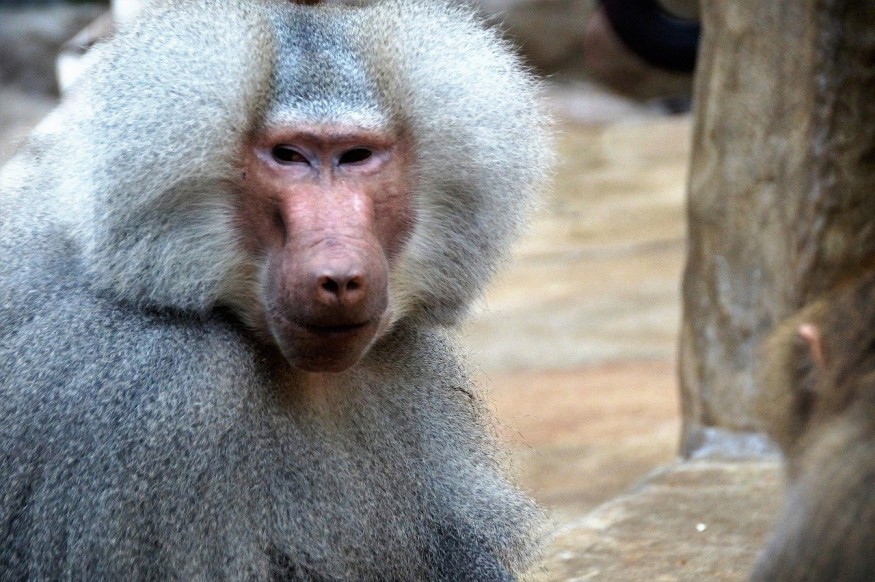The fight for social dominance in the world of male baboons means that they have to sacrifice their life. The constant physical defense that they need to do has left them a mark on their genes that accelerated their aging process.
They might have everything, such as power, high social status, and muscles, but the accelerated aging means that male baboons will get to have a shorter life. A price that they need to pay for being the dominant male of the group.
Researchers from Duke University published a study entitled "High social status males experience accelerated epigenetic aging in wild baboons" on April 6 in Life, which detailed the effects of fighting for social dominance could affect male baboons.
The higher they are on the social ladder, the faster they will age than those male baboons with lower social standing. That means when his status drops, his aging rate also drops.

Male Baboons Fight For Dominance Accelerates Aging Rate
Researchers looked at the epigenetic changes in the DNA of male baboons to measure their rate of aging. These chemical changes in DNA can be used to detect signs of premature aging, according to Phys.org.
"Environmental stressors can make the clock tick faster so that some individuals appear biologically older than their actual age and experience a higher risk of age-related disease," study co-first author Jordan Anderson explained. "We sought to answer what social or early life experiences contribute to accelerated aging in baboons."
They measured the rate of aging of 245 male baboons from a well-studied population in Kenya using the epigenetic clock and other methods but focused on the former as it was a good predictor of chronological age.
However, the team found that early life adversity was not a good predictor of an increased rate of aging in male baboons.
Instead, they found that high-ranking male baboons age faster, and a higher body mass index is also associated with accelerated aging due to the physical demands of maintaining a high status.
Male Baboons Fighting To Be On Top
For humans, being on a high social status could predict better health or tell they are wealthier and more powerful than most people and have access to the best things that life could offer. While those who live in poverty have an increased risk and higher rates of getting infected, having cancer, and dying from other terminal diseases.
On the other hand, Science Daily reported that male baboons have to fight for their social status through fighting where baboon observers see who wins or loses. Male baboons on the top are more muscular than the lower-ranking baboons.
However, their physical traits will slowly deteriorate as they age, and a new and younger baboon would come to take over the group.
But being on the top spot is not their only motivation to fight; they do this to have offsprings. Male baboons would spend a lot of time mate-guarding females, especially during ovulation. Researchers believe that this activity requires a lot of energy, but it is a price they are willing to pay to have offspring.
Researchers said that their study highlights how social environment could influence aging, wherein it is important to understand the possible consequences of achieving and maintaining social status.
RELATED ARTICLE: Empathy: How Bonobos Beat Humans in This Area
Check out more news and information on Primates on Science Times.
© 2025 ScienceTimes.com All rights reserved. Do not reproduce without permission. The window to the world of Science Times.











